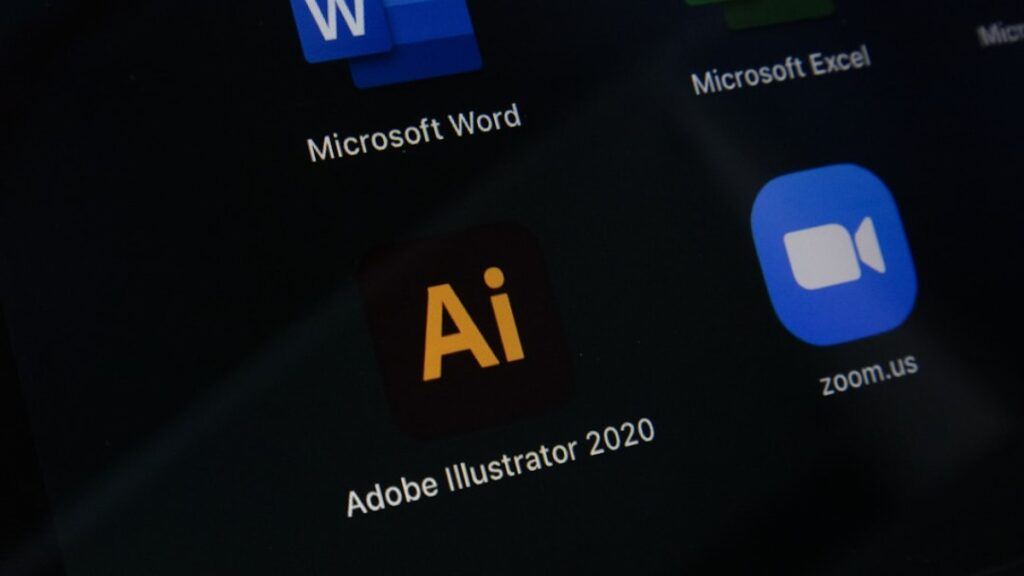
I’ve always had a knack for tinkering with technology. When I first started learning to code, it felt like uncovering a new dimension of possibilities. Over the years, I’ve dabbled in several programming languages, each with its own charm and utility. As we step into 2025, here are the top five programming languages I believe are essential for any beginner to master, based on my journey and the current trends in technology.
1. Python
Python was my first love in the world of programming. Its simplicity and readability make it the go-to language for beginners. The clean syntax helped me focus on learning programming concepts rather than getting bogged down by complex code structures. Python’s versatility is unmatched – it’s widely used in web development, data science, machine learning, and even automation.
Why Learn Python?
- Ease of Learning: The straightforward syntax is beginner-friendly.
- Community Support: A vast community of developers means plenty of resources and help.
- Versatility: From web apps to AI, Python has applications everywhere.
I remember my first project – a simple calculator. Seeing it come to life was an exhilarating experience that hooked me on Python.
2. JavaScript
When I ventured into web development, JavaScript became my trusty sidekick. It’s the backbone of interactive web pages. Initially, I was intimidated by the thought of making websites dynamic, but JavaScript’s flexibility soon won me over. Whether you’re animating a button or building a full-fledged web application, JavaScript is indispensable.
Why Learn JavaScript?
- Web Development: Essential for front-end development.
- Dynamic Content: Enables interactivity on websites.
- Versatile Frameworks: React, Angular, and Vue.js make development faster and easier.
I still remember the thrill of seeing my first interactive web page in action. JavaScript opened up a whole new world of possibilities for me.

3. TypeScript
After getting comfortable with JavaScript, I discovered TypeScript, a superset of JavaScript that adds static types. It was a game-changer. TypeScript’s type-checking capabilities helped me catch errors early, making my code more robust and maintainable. It was like having a safety net that allowed me to write more complex applications with confidence.
Why Learn TypeScript?
- Error Detection: Catches errors at compile-time rather than run-time.
- Scalability: Better suited for large-scale applications.
- Community and Industry Adoption: Increasingly popular in professional settings.
My journey with TypeScript taught me the importance of writing clean and maintainable code, something that became a cornerstone of my development philosophy.
4. Rust
Rust might seem like an unusual pick for beginners, but trust me, it’s worth the effort. I initially hesitated to learn Rust because of its steep learning curve, but its performance and memory safety features won me over. Rust is designed to write safe, concurrent systems-level code without sacrificing performance.
Why Learn Rust?
- Performance: Comparable to C/C++ but with safety features.
- Memory Safety: Eliminates common bugs like null pointer dereferencing and buffer overflows.
- Growing Popularity: Increasingly used in system-level programming and beyond.
My foray into Rust was challenging but incredibly rewarding. It taught me to think about memory management and concurrency in ways that no other language did.
5. Kotlin
As someone who enjoys mobile development, Kotlin quickly became a favorite. Kotlin’s seamless interoperability with Java and its modern syntax make it a joy to work with. It’s officially supported by Google for Android development, which speaks volumes about its capabilities.
Why Learn Kotlin?
- Android Development: Official language for Android.
- Interoperability: Works well with Java.
- Modern Features: Null safety, extension functions, and more.
The first time I replaced Java code with Kotlin, I was blown away by how concise and readable my code became. It made mobile development fun and efficient.
These five languages have significantly shaped my journey as a programmer, and I believe they hold immense potential for anyone starting out in 2025. Each language offers unique strengths and caters to different aspects of development. By learning Python, JavaScript, TypeScript, Rust, and Kotlin, you’ll be well-equipped to tackle a wide range of projects and challenges. Happy coding!
I hope this article gives you a clear and engaging perspective on which programming languages to dive into this year. Let me know if there’s anything more you’d like to explore!


